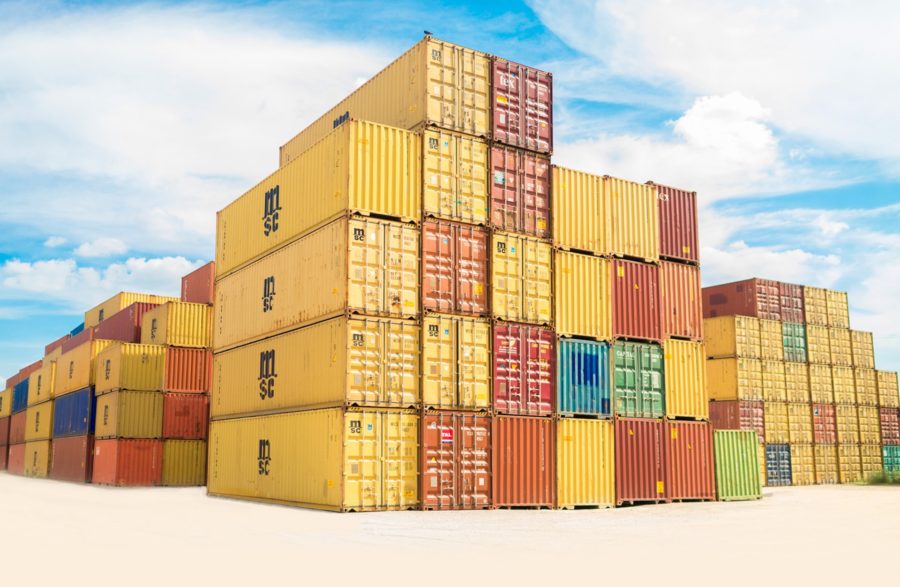November 4, 2020
Canada’s Trade Deficit Widens, Despite Rise in Imports and Exports Through September

Canada’s exports and imports rose in September, though both remain below pre-pandemic levels, while the country’s trade deficit widened more than expected, according to data from Statistics Canada.
The trade deficit widened to C$3.25 billion ($2.47 billion), missing analyst predictions of C$2.6 billion, with August’s deficit also upwardly revised to C$3.21 billion from an initial C$2.45 billion.
“Canada’s trade gap has widened notably through the pandemic,” said Benjamin Reitzes, Canadian Rates & Macro Strategist at BMO Capital Markets, in a note. “With energy prices remaining low, it’s going to be difficult to meaningfully narrow the gap in the short term.”
“On the bright side, the rise in overall trade activity bodes well for the economy in September,” he added.
Imports rose by 1.5%, mainly on higher crude oil imports, while exports were up 1.5%, led by lumber and aircraft. Eight out of 11 export product sections increased, with non-energy exports up 2.2%, Statscan said.
Exports to the United States, Canada’s largest trading partner, declined 1.6%, while imports rose 1.2%.
With the outcome of the U.S. presidential election still unclear, analysts have been unable to predict the immediate impact on Canadian trade.
However, it is likely that regardless of the winner of the election, the United States will remain in a protectionist state due to the continuation of the COVID-19 pandemic, among other reasons.
(Source: Reuters)








